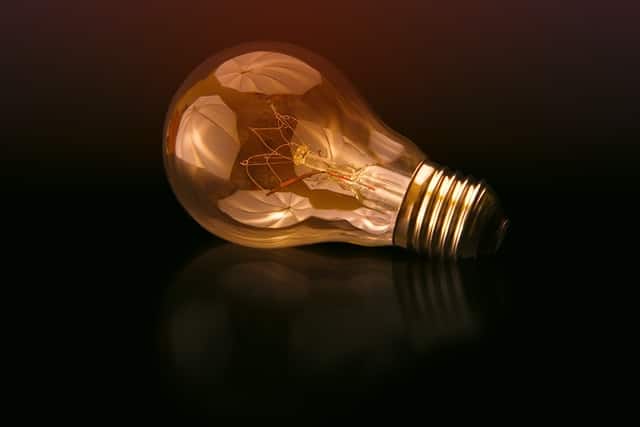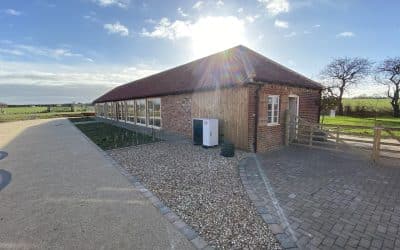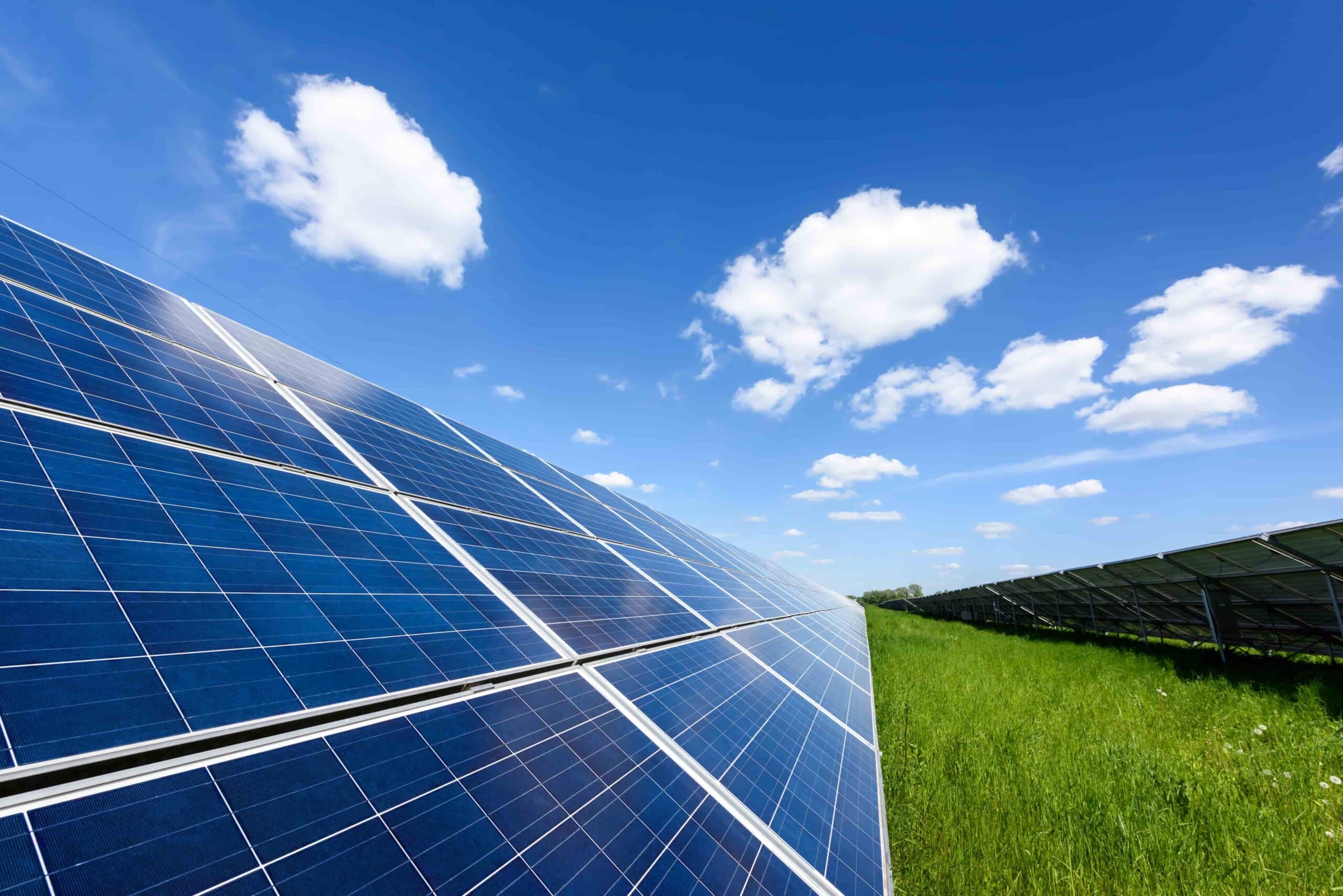Call them whatever you want, but there are a few energy efficiency myths that have been withstanding the test of time!
These misconceptions about the way we leverage our heating units may not only be stopping us from lowering our energy consumption but also costing us more than we could imagine.
That said, today our experts at JL Phillips will be filtering out facts from fiction and putting together 5 commonly touted energy efficiency claims.
Let’s take a look at these energy saving traditions, understand why they don’t work, and see how you can lower your energy bills while also reducing your overall carbon footprint.
Myth #1 – Turning Your Thermostat Up Will Heat Your Room Quickly
A thermostat starts working when you turn on your heating system and keeps functioning until the set temperature has been reached.
In simple words, while turning your thermostat up would cause your home to heat up to a higher temperature, it will continue to work at the same speed. Moreover, it will not only consume more energy but also result in increased heating bills.
Here, an excellent way to make sure your property is warm during certain times would be to install a programmable thermostat or timer.
To learn more about how to choose the perfect thermostat, click here!
Myth #2 – You Should Keep Your Heating System On Low At All Times
This is also one of the common energy efficiency myths which, in almost every case, isn’t true.
The simple theory behind this myth is that by keeping your renewable heating system at a lower temperature you can reduce your overall energy consumption. However, most of the time, this isn’t really the case.
The most cost effective and energy efficient way to heat your room is to only use it when you actually need it. In addition, you can insulate your walls, roof and add double glazed windows, ensuring minimal heat is lost throughout any part of your home.
Click here if you want to find out more about the types of insulation your home may need.
Myth #3 – Electric Heaters Are Cheaper Than Heat Pumps
This isn’t true – in fact, electric heaters tend to consume more electricity than domestic heat pumps and other heating units. What’s more, based on the type of heater you have and the material it’s made from, it might not keep your home warm long at all.
In this case, it’s better to install a renewable heating unit like an air/ground source heat pump or a biomass boiler. Not only do they consume less energy but also add to the overall efficiency of heating your property. Additionally, by installing these systems you can receive financial incentives under the domestic RHI scheme.
If you want to learn more about the benefits of installing renewable technology, then get in touch with our professional installers today!
Myth #4 – Appliances Don’t Consume Energy When Turned Off
Yet another energy saving myth, simply turning off your appliances won’t help you lower your electricity bills.
Put plainly, these days, a lot of appliances continue to consume energy even though they’ve been switched off. One of the best ways would be to unplug all your appliances and devices when they aren’t being used.
Now, if you’re someone who finds this all a bit too inconvenient, you could perhaps start using smart plugs as they can be manually programmed to cut power to your appliances. Alternatively, you can use your smartphone to control when you want an outlet to be used, and when to not.
Here you can find a few more ways to save energy and money in your home.
Myth #5 – You Will Run Out of Water If the Heating Isn’t On At All Times
A lot of homeowners leave their heating on for the entire day thinking they might run out of hot water.
However, doing so will only cost you more money than you could imagine; in most cases, it’s more efficient to heat your water minutes before you actually need it. That way, you can prevent the heat from escaping while keeping the water warm for longer.
Contact JL Phillips to Install Your New Energy Efficient Heating System
While these were our top 5 energy efficiency myths, there are many more claims out there that might be causing your heating bill to break the bank.
Not only should you keep an eye out for them but also ensure that you aren’t falling prey to these energy saving traditions. Additionally, switch to a more renewable heating solution and start reaping the benefits of reduced energy bills.
Get in touch with the installers at JL Phillps today and make your home more eco-friendly.




